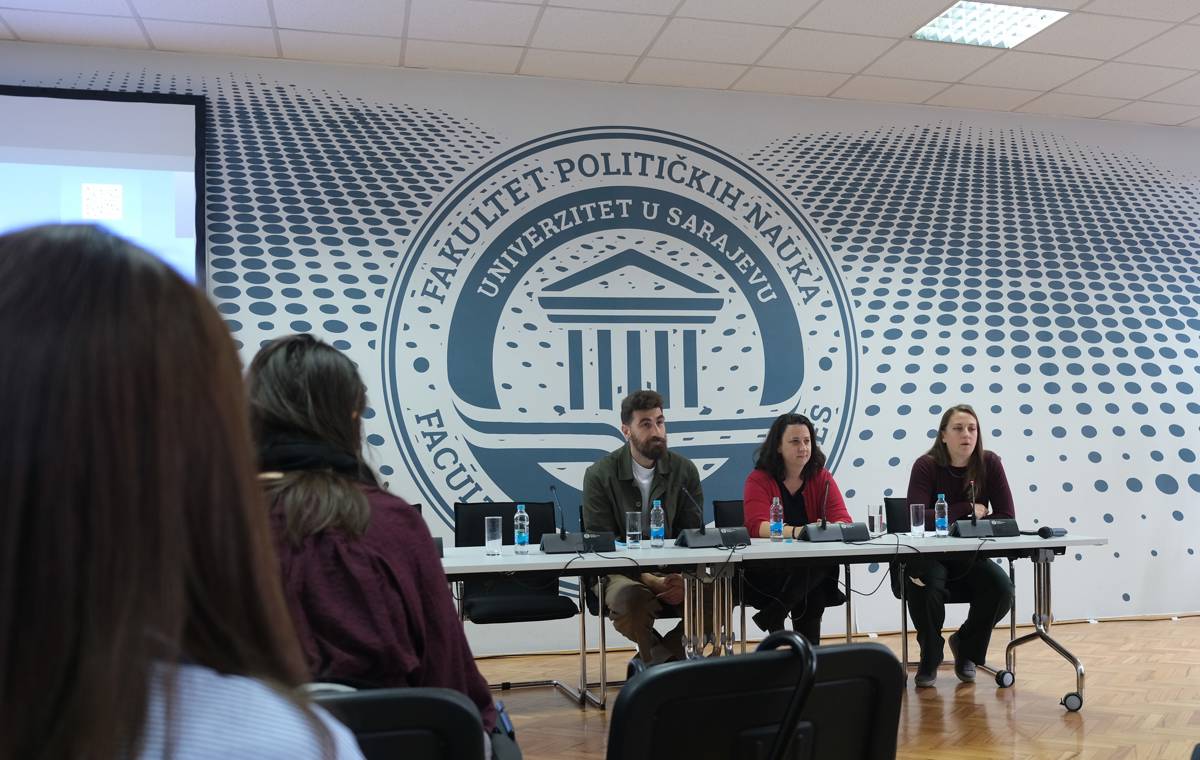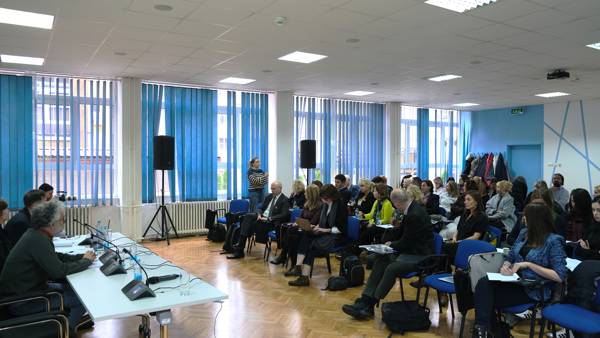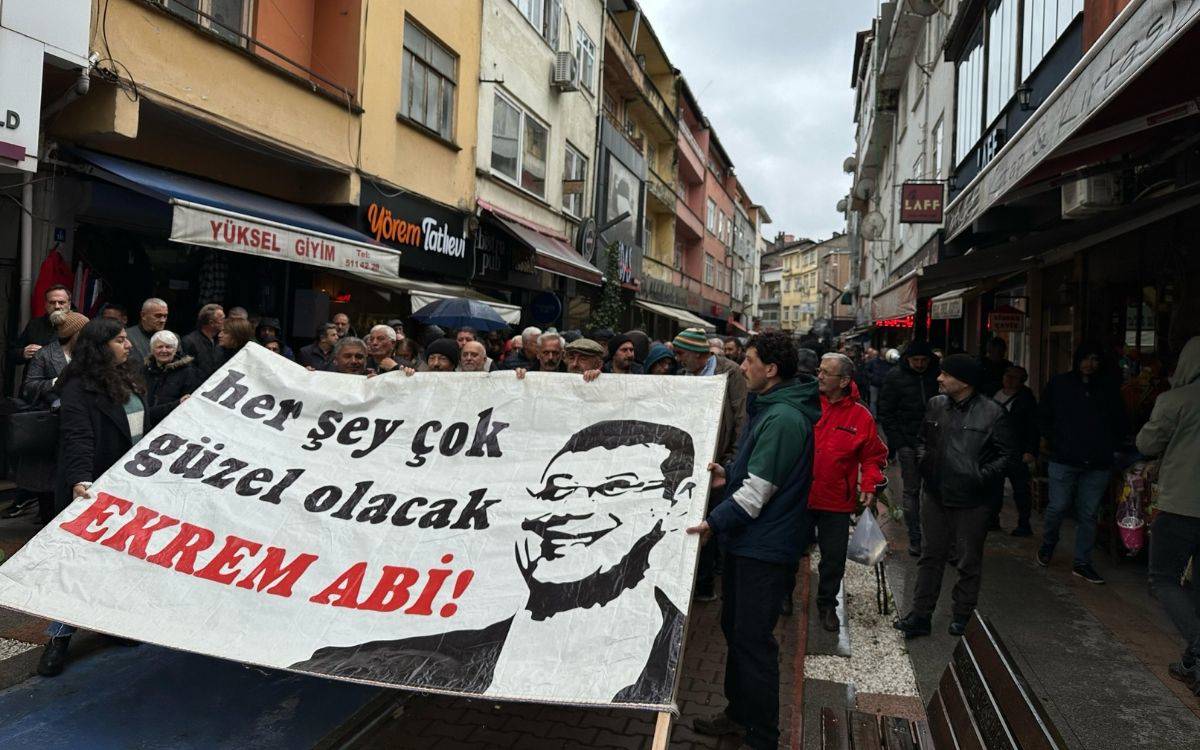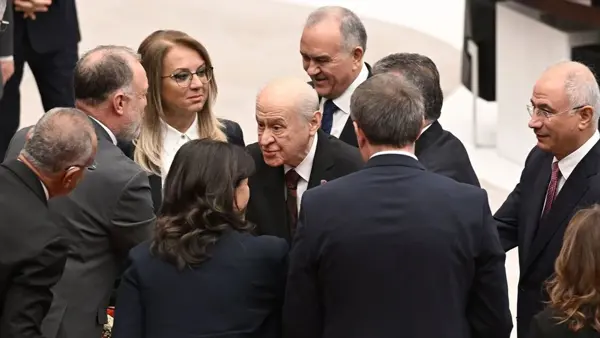Photo: AA
Seven days into the presidential runoff, rival camps are actively seeking the support of Sinan Oğan, the unexpected candidate who secured over 5% of the votes in the first round.
With neither the incumbent President Recep Tayyip Erdoğan nor opposition candidate Kemal Kılıçdaroğlu managing to reach the required 50% threshold, Oğan's voters are anticipated to hold significant importance in determining the outcome of the upcoming second round, scheduled for May 28.
Oğan raced in the May 14 election as the candidate of the Ancestral (Ata) Alliance, which is led by the Victory (Zafer) Party, whose main promise was to send refugees back to their countries and "fighting terrorism."
Whom will Oğan support?
Vice President Fuat Oktay, who previously stated that the ruling camp would not engage in negotiations with Oğan, has expressed his congratulations to him and highlighted the need to present their perspectives to Oğan's support base, two days after an unexpected meeting between Oğan and Erdoğan.
During a live broadcast today, he emphasized that they share common ground on issues such as "terrorism" and conveyed optimism about the outcome of Friday's meeting.
Meanwhile, head of the Justice (Adalet) Party announced that they have left the Ancestral Alliance, saying "supporting the government was not part of our plan," raising the possibility that the Ancestral Alliance may support Erdoğan in the second round. "We set out as an opposition alliance. Supporting the government was not part of our plan. We desired victory," Vecdet Öz told Halk TV.
Earlier, Öz had signaled support for Kılıçdaroğlu in the second round, stressing the need for changing the government.
Oğan, in a tweet yesterday, outlined the achievements of his candidacy, presenting Turkish nationalism as the central theme of the election.
He asserted breaking the discourse surrounding the Kurdish issue-focused HDP as the "key party," elevating Turkish nationalists to a key position and bringing them back into the center of politics. Oğan also emphasized the creation of awareness about various issues, including refugees and the fight against "terrorist organizations."
Kılıçdaroğlu has also sought the support of Oğan during a visit on Friday to Ümit Özdağ, head of the Victory Party, in his bid for the presidency. The opposition candiate has hardened his tone on the refugee issue after the first round.
These efforts reflect the recognition of the crucial role Oğan's support could play in the second round.
Is he really a game changer?
In the first round, Erdoğan received 49.51 percent of the votes, Kılıçdaroğlu received 44.88 percent, and Oğan received 5.17 percent. Mathematically, whoever receives Oğan's support should win the second round, all other things being equal.
However, it is evident that the process will not be as straightforward as mathematics may suggest, primarily due to uncertainties surrounding Oğan's ability to persuade his supporters to back the candidate he endorses.
The main factor contributing to this uncertainty is that while Oğan has been involved in politics for several years, his recent surge in popularity occurred only in the past month leading up to the May 14 elections, as highlighted by Tanju Tosun, a political scientist.
"He does not have a constituency in a terminological sense," Tosun explained during a live interview on KRT TV, adding, "we should refer to them as people who voted for him."
A study conducted by the pollster Türkiye Raporu supports Tosun's views, revealing the distribution of Oğan's votes among voters from different parties. According to the study, 16 percent of İYİ Party voters, who are nationalist allies of Kılıçdaroğlu's CHP, either voted for Oğan or Muharrem İnce in the presidential election.
The study also shows that 6 percent of MHP voters, 4 percent of AKP voters, and 3 percent of CHP voters cast their votes for Oğan.
Furthermore, Oğan's main party, the Victory Party, received only 2.23 percent of the votes in the parliamentary election.
All these figures indicate that Oğan gained support from diverse voter groups, suggesting that he may face challenges in persuading his voters to support the candidate he endorses in the runoff.
Not an easy choice
In addition, endorsing any candidate may have its own drawbacks for Oğan, considering his stance on refugees and "terrorism."
While the opposition, including Oğan, has been vocal about sending refugees back, President Erdoğan holds a different position. Although he has changed his stance on the issue multiple times over the years, he currently opposes the idea of deporting all refugees. On May 9, he explicitly stated, "We will never kick out the Syrians who sought refuge in our country."
However, Erdoğan has also proposed plans for the repatriation of some refugees residing in areas under Turkey's control in Syria. As recently as early May, he announced preparations for the voluntary return of one million Syrian refugees to their home country.
On the other hand, if Oğan supports Kılıçdaroğlu, he will find himself aligned with the Kurdish issue-focused Green Left Party, accused by nationalists of "supporting terrorism."
As Oğan emerges as a crucial player in the elections, his ability to sway his supporters and navigate the complexities of endorsing a candidate while upholding his promises remains uncertain. (VK)





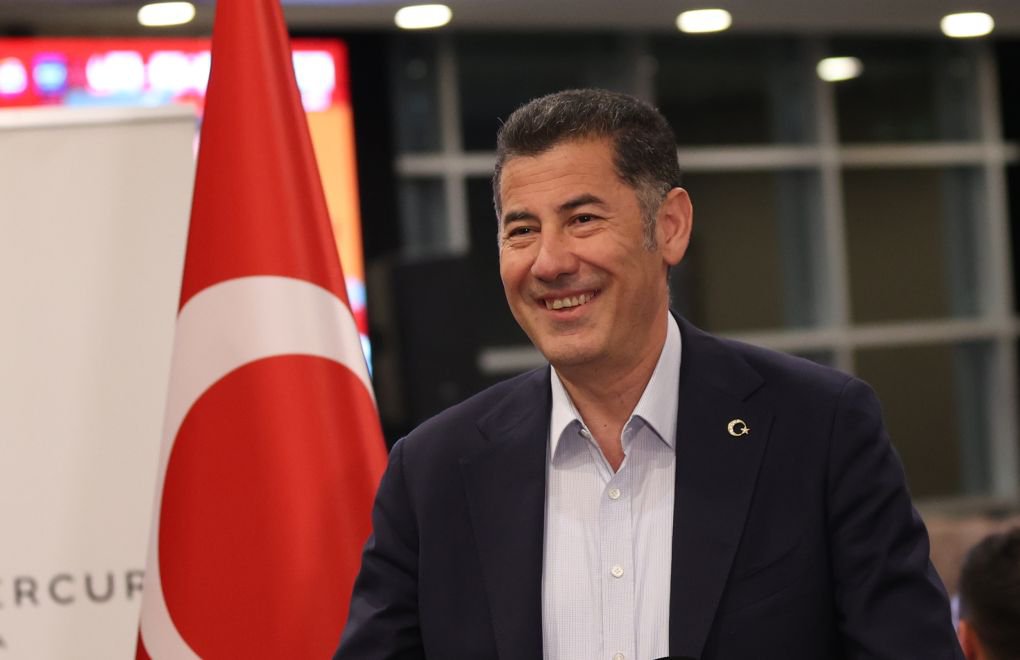
.jpg)

as.jpg)
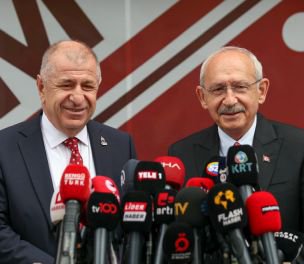
as.jpg)
